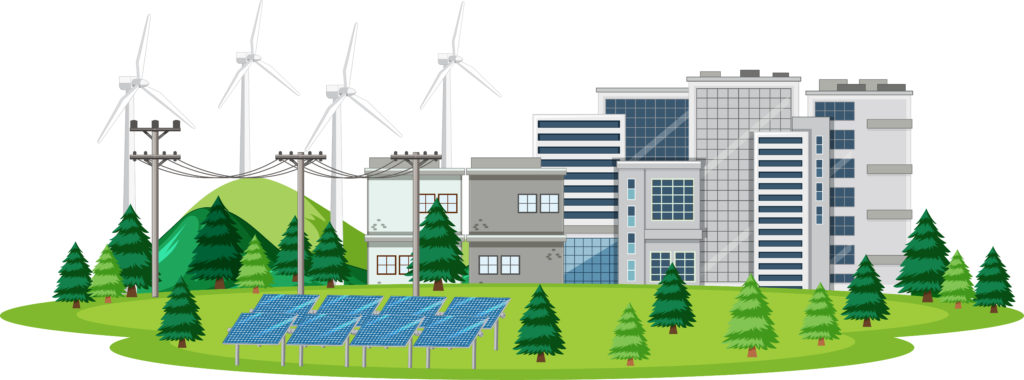The world is working to change the energy matrix. This process of change requires rapid implementation. The commitment of several countries, including Brazil at the recent Climate Change summit, led by the U.S., clearly shows willingness. It simply is not feasible to maintain reliance on the use of carbon-based energies.
What does the transition of energy matrices mean? How will this affect the world?
It means the exchange of carbon-based energy sources for other clean and renewable sources. There is a shift in direction towards this reduced carbon matrix to mitigate the greenhouse effect and global warming. The continued unrestricted use of hydrocarbon-based and coal-based matrices promotes significant increases in pollution which affect the entire environment. The alternatives available now are renewable energy sources: solar, hydro, wind, biomass, geothermal and oceanic, among others. To date, the greatest amount of substitution has occurred with hydro, solar and wind energy. According to recent studies, the use of low- and non-polluting energies has grown exponentially, surpassing the growth of carbon-based energy sources. This matrix has received investments that exceed that of non-renewable sources. According to the International Renewable Energy Agency (IRENA), to achieve the goals of the Paris Agreement, it is necessary to invest about US$4.4 trillion a year in non-carbon-based energies, by 2050. According to the agency, there is currently a greater investment in renewable sources. In the last three years there has been a significant increase in investments in the transition to reduced carbon energy matrices. The commitment made by the largest countries in the world to reduce emissions, with the implementation of renewable generation facilities, shows the willingness for large investments in generation, storage and transmission sectors.
Brazil offers great investment opportunities for this transition. According to the Climatescope index (2020) published by BloombergNEF (BNEF), Brazil is the third most attractive emerging country for investment in renewable sources.
Energy in New Times
With the pandemic, the energy market has had to adapt. There has been a decrease in fuel sales all over the world. Factories and industries have decreased production. However, the lockdowns have had a positive factor also: the 7 – 13% decrease in global production of CO2. Now in 2021, there should be a resumption in these sectors, so renewable energy plays a key role in this new scenario. Several companies are looking for alternatives to carbon-based sources. There is growing culture and support for combatting global warming. Several companies are restructuring, investing more in technologies that enable the use of clean and green energies. In this way, a company seeking to invest in renewable energy sources should be aware of market launches. There are several alternatives. New technologies are changing the global energy business landscape. It takes a lot of investment to totally change the energy matrix, but the news is there to find.
Mount Engineering, observing this global trend, has reimagined its business vision. This now aligns the overall objectives of reducing the ecological footprint of energy generation, storage, and transmission, and creating a favorable environment for the growth of sustainable enterprises, for the present and future generations. Mount Engineering has partnered with DutchVentus Turbines and with Amphibious Energy (both from the Netherlands, the home of the windmill). Both companies offer the latest in autonomous off-grid and distributed generation technology, exploiting wind and solar sources. The solutions provided by these innovative partners are making a difference in small-scale remote and off-grid locations – reducing reliance on diesel generators and others that use carbon-based fuels.
Click here to learn more about DutchVentus Turbines.
Click here to learn more about Amphibious Energy.


